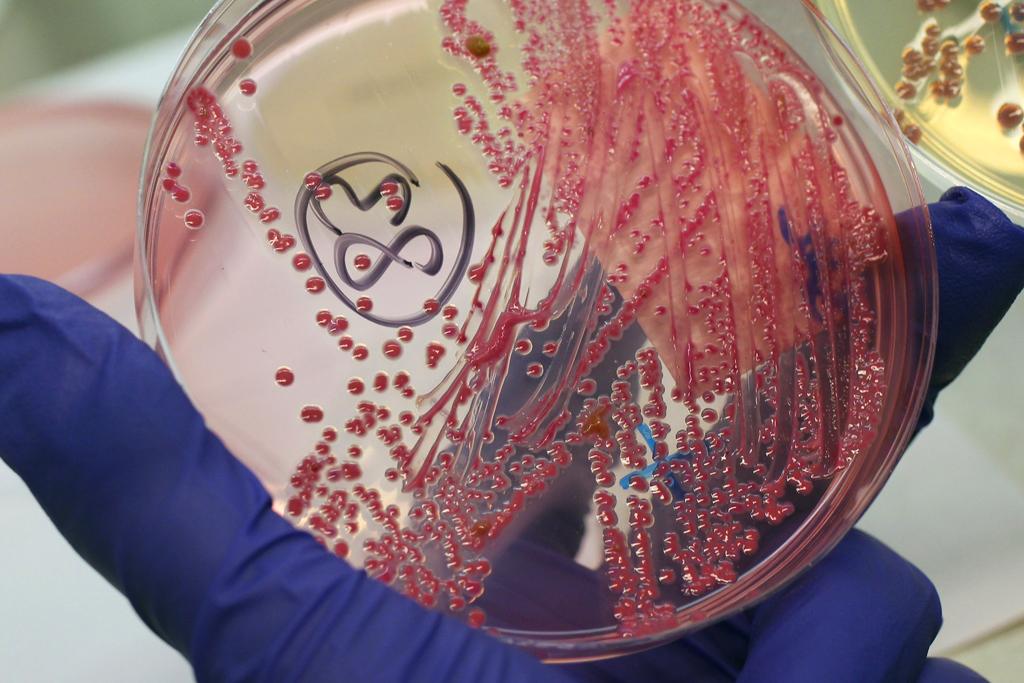Untreatable gonorrhea is spreading, warns World Health Organization
A lab technician holds a bacteria culture that shows a positive infection of enterohemorrhagic E. coli
A new strain of untreatable gonorrhea is spreading fast around the world, the World Health Organization (WHO) warned today.
The mutant strain is resistant to most if not all antibiotics currently used to treat the common sexually-transmitted infection. First detected 11 months ago in Japan, it has now been reported in Australia, France, Norway, Sweden and the UK, the WHO said.
More from GlobalPost: Scientists identify "untreatable" gonorrhea
The known cases are only "the tip of the iceberg," according to Dr Manjula Lusti-Narasimhan, from the WHO's Department of Reproductive Health and Research, who suspects there are many more worldwide.
Worringly, she said, recent reports indicate that the superbug has become resistant even to cephalosporins, a fourth-generation class of antibiotics currently considered the last line of treatment.
"In a couple of years it will have become resistant to every treatment option we have available now," Lusti-Narasimhan told the Associated Press.
More from GlobalPost: Can superbugs be treated with superdrugs?
That could lead to a major public health threat. According to the Centers for Disease Control and Prevention, untreated gonorrhea can have serious and permanent complications including chronic pain, infertility and even death. It can also increase the risk of infection with HIV.
The WHO is calling for research into new drugs to help prevent that scenario. Part of the problem, too, is the overuse of antibiotics, which is why the body wants to see tighter rules on the use of antibiotics as well as greater monitoring of drug-resistant cases.
In the meantime, using condoms is an effective way of preventing the transmission of gonorrhea and other STIs.
We want to hear your feedback so we can keep improving our website, theworld.org. Please fill out this quick survey and let us know your thoughts (your answers will be anonymous). Thanks for your time!
